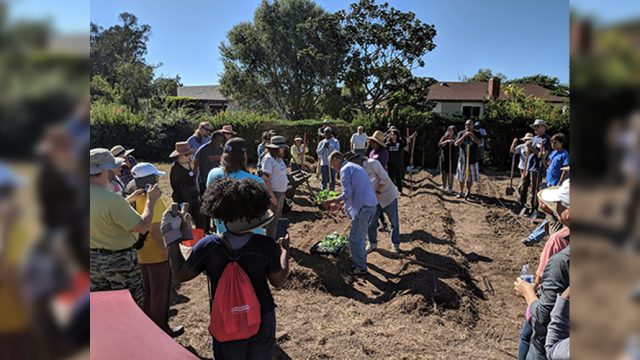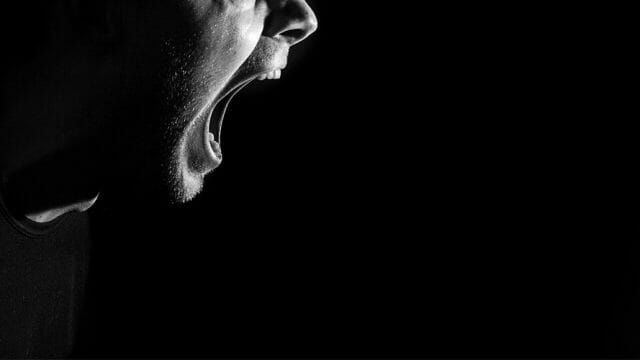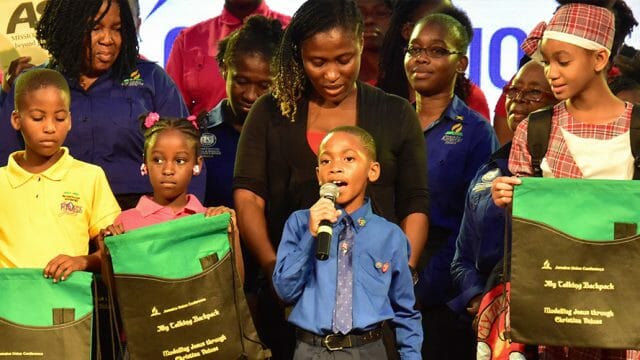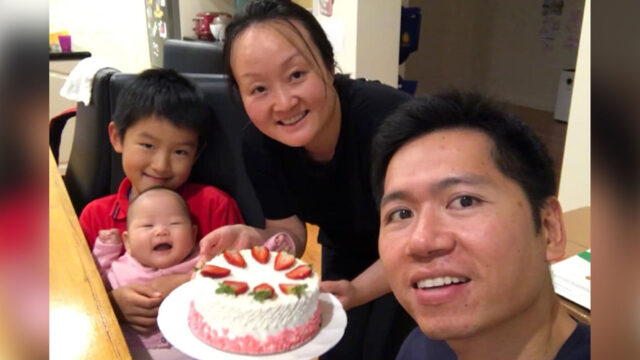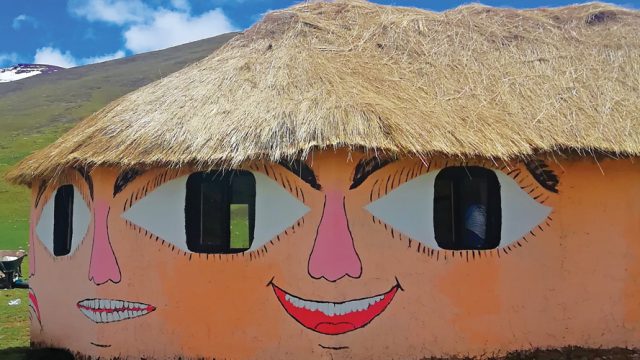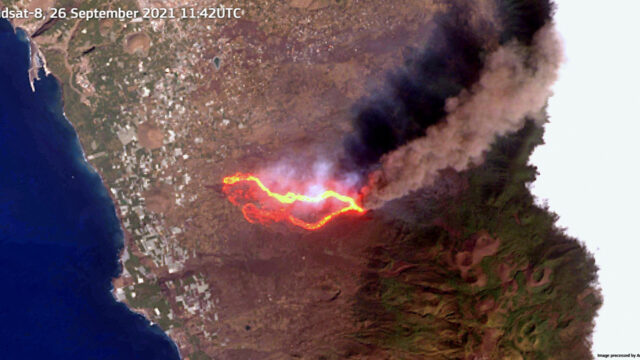Young Natives start to reclaim their heritage through an ADRA Canada initiative.
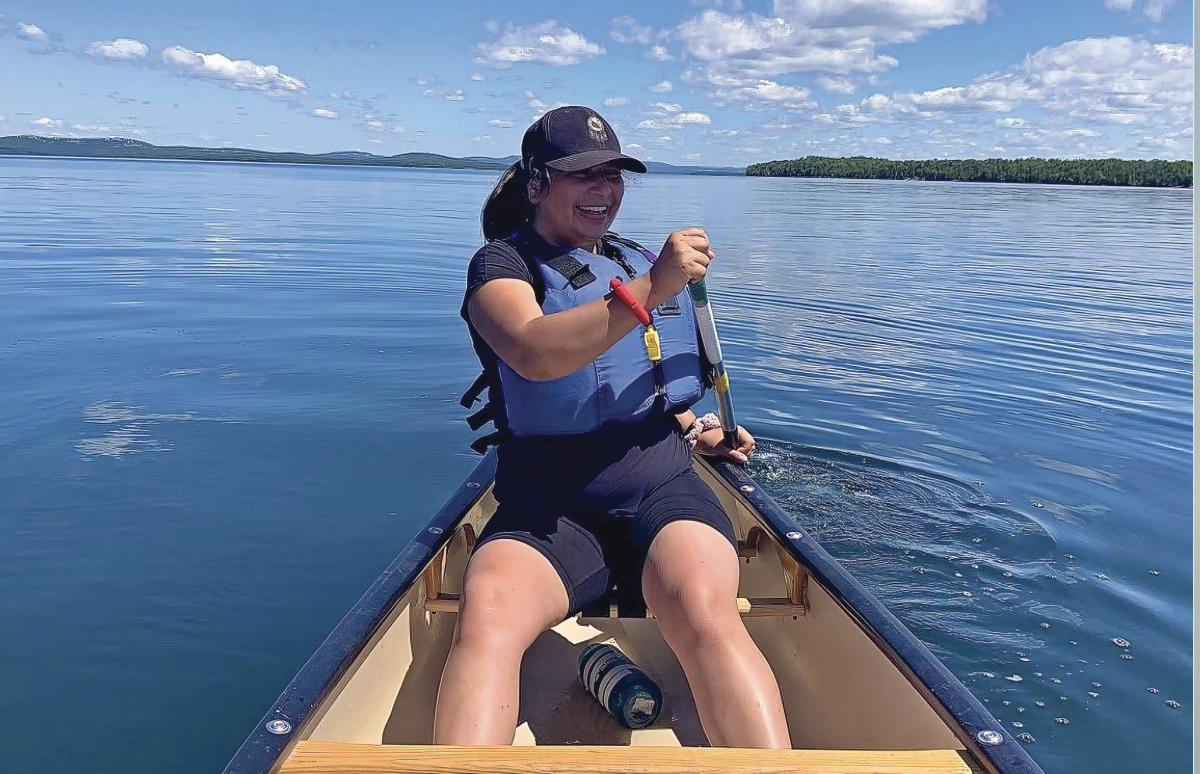
Aurora Ominika-Enosse is a confident, warm-hearted young Anishnaabe woman with a ready smile. Her open demeanour undoubtedly puts at ease the children, youth, and fellow students with whom she works and volunteers. In her fourth year at Carleton University in Ottawa, Ontario, Canada, Aurora has nearly completed her program in social work and feels called to work with Indigenous children and youth.
Aurora didn’t always possess this confidence and sense of calling. “I grew up in Sudbury, Ontario. I didn’t feel connected to my culture, to being Indigenous. I was ashamed of it. I didn’t take pride in myself, in my identity,” she says. “I hated my skin color. I wished to be anything but Indigenous.”
At 13, Aurora moved from Sudbury to Wiikwemkoong, one of the unceded territories of the Anishnaabe on Manitoulin Island, Ontario. This move sparked a journey of discovery for her.
While in Wiikwemkoong, she participated in the Outdoor Adventure Leadership Experience (OALE) co-sponsored by the Adventist Development and Relief Agency (ADRA) in Canada. Through a 10-day canoe trip, the OALE retraces a traditional travel route down the French River. The youth and mentors discuss their history, culture, and identity along the journey. Young people are encouraged to think about their goals and brainstorm practical steps to achieve them. From its inception, the aim of the OALE has been to build resiliency in Indigenous youth, support their growth, and enable them to meet life’s challenges.
“It’s no secret that Indigenous youth in Canada face significant challenges,” people behind the initiative say. “Generations of trauma have left deep wounds that often inflict heartbreaking damage on their identity, purpose, and even their sense of worth as a people.”
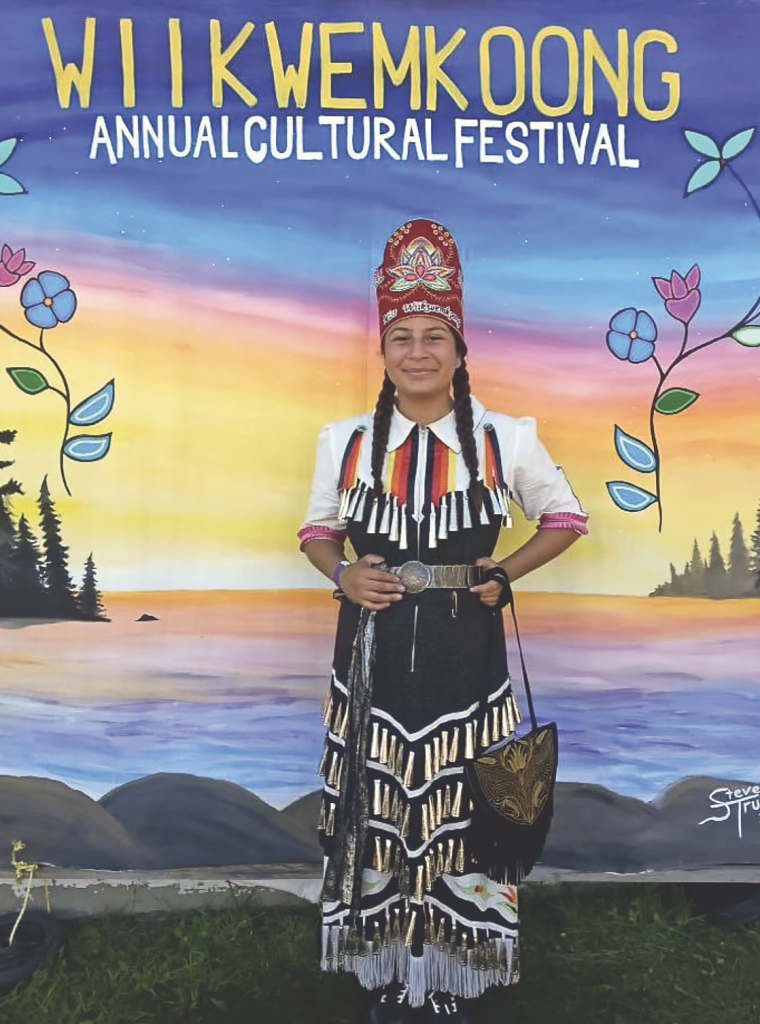
Wiikwemkoong leaders seek to empower their youth, and the OALE is a part of that. The program instills pride in their heritage and identity as Indigenous people and builds their capacity and confidence to achieve their dreams. The program has been a success.
“We’ve seen kids who have gone from having a very poor vision of themselves and a very poor mental health state to flourishing and going on to become role models in the community. They have gone on to achieve the dreams that they talked about,” trip guide Nimkii Lavell says.
ADRA Canada is proud to have been among the sponsors of the program since 2017.
Aurora participated in the OALE three times. “The canoe trip was like dipping a toe in my culture, helping me to reconnect,” she says.
The girl who was ashamed of her heritage went on to become Miss Wiikwemkoong from 2017 to 2018, a title dependent on knowledge of and pride in Anishnaabe history and culture. Now she seeks to teach culture and instill confidence in Indigenous children and youth while also willingly sharing with interested non-Indigenous people.
“If I hadn’t connected to my culture, I’d probably be really lost today. I don’t know where I’d be right now,” Aurora says.
Participants in the OALE are posed this metaphor: “Life is like a canoe trip because …” Each has their own answer, reflecting their deep thought and the impact of the trip. “Life is like a canoe trip because … you never know what’s around the corner, but you keep going anyway,” Aurora says.
The original story appeared in the August 2022 issue of Canadian Adventist Messenger.


